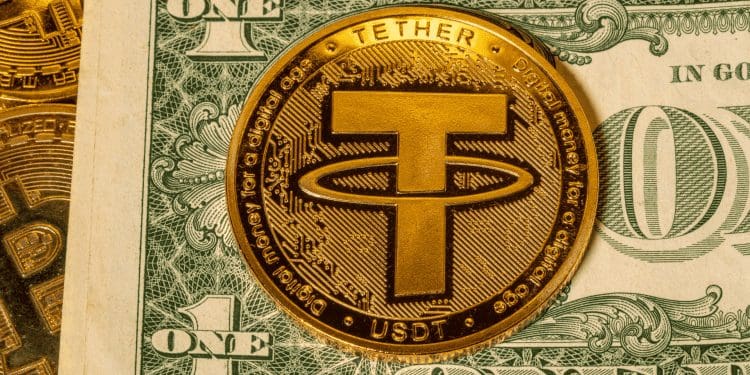- William Quigley, co-founder of Tether, predicts a major shift towards tokenized fiat currencies globally in the next 10 years.
- At the FT Crypto and Digital Assets Summit, Quigley highlighted the benefits of tokenization, such as potential interest earnings on digital assets like stablecoins.
- Quigley shared insights into his early involvement in crypto and the origins of Tether, emphasizing its roots in gaming and digital transactions.
During the recent FT Crypto and Digital Assets Summit on May 9, Tether co-founder William Quigley shared his vision of a future where global economies will transition to tokenized forms of money over the next decade. This bold prediction underscores a growing trend in financial technology, where traditional fiat currencies are increasingly being converted into digital formats to enhance their functionality and user experience.
Enhancements Brought by Tokenization
Quigley was optimistic about the potential of tokenization to revolutionize the financial landscape. He described it as a technological innovation without drawbacks, suggesting that tokenizing fiat currencies could not only preserve their existing benefits but also introduce new features such as the ability to earn interest or yields on holdings. “You only enhance fiat when you tokenize it,” Quigley remarked, highlighting the seamless integration of traditional money into the digital economy.
The Appeal of Tokenized Banking
Despite the fact that many bank accounts today do not offer interest, Quigley pointed out that consumers still gravitate towards these services due to the convenience and reliability they offer, such as ATM access and automated clearing house (ACH) transactions. He suggested that the comfort and familiarity with these services compensate for the lack of financial returns.
Background and Crypto Involvement
Quigley also delved into his personal journey within the cryptocurrency sector, from his initial investments in PayPal to co-founding Tether, the largest stablecoin by market capitalization and the most traded cryptocurrency today. His interest in digital assets was sparked by his involvement in the gaming industry in the late 1990s, where he saw a demand for a more efficient system to trade in-game items. This experience led to the conceptualization of a digital escrow service, laying the groundwork for what would eventually evolve into Tether.














